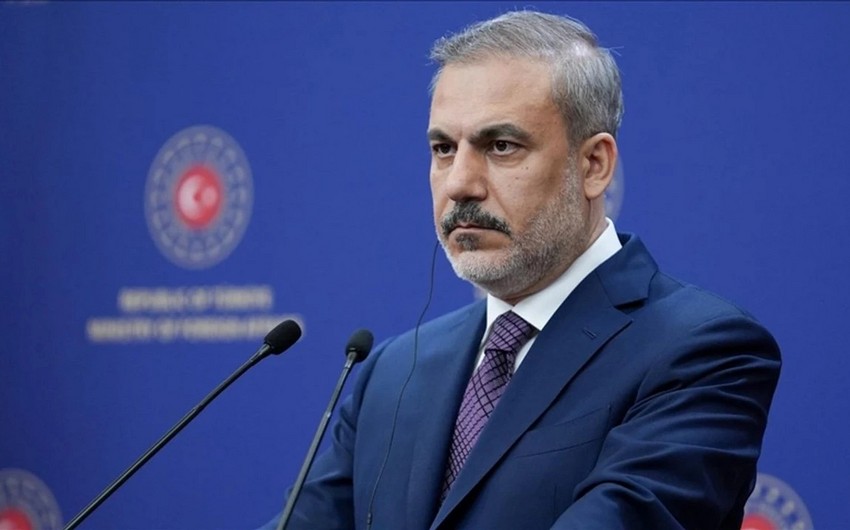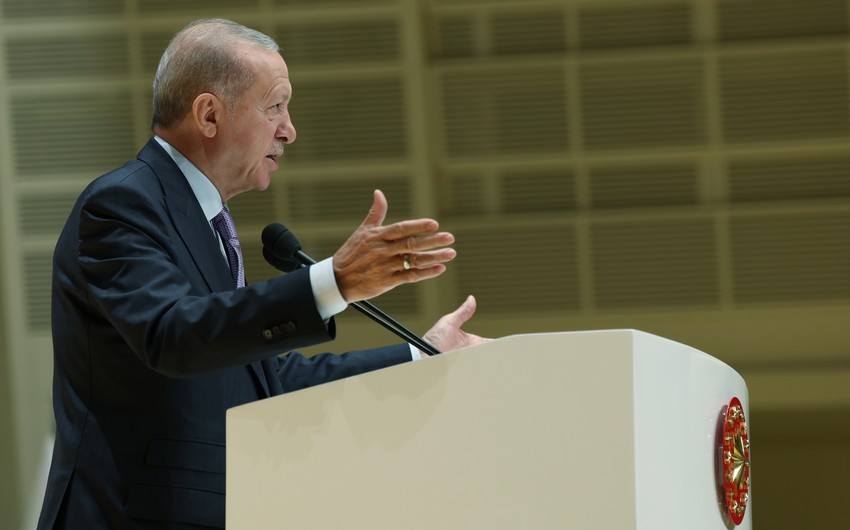Trawl through social media or simply have the misfortune to be friends with an early adopter of tech trends and you’ll see that the next big form of communication is upon us. It isn’t a brand new app or some strange semaphore. In some ways, it’s a throwback to the 1980s era of answering machines. “Voice messaging” – sending recorded voice messages to recipients using apps such as WhatsApp, Facebook Messenger and Telegram – is having a moment. Unlike with voicemail, there’s no opportunity for the recipient to pick up and chat, and you can mix voice messages in with regular chat messages. For those who haven’t yet had the pleasure of encountering them, here’s what you need to know.
1. Billions of people already use it every day
Voice messaging isn’t new – at least not in some parts of the world. “It’s a phenomenon that just hit our shores recently, but it’s been huge in China over the years,” says Dr Benjamin Cowan of University College Dublin’s school of information and communication studies. And Alex Hart, who works at a Chinese company with clients in the US and Europe, adds: “Most of our internal communication is done via WeChat.” The Chinese equivalent of WhatsApp has extensive support for voice messages. According to the company, 6.1bn of them were sent last year on its platform.
But that doesn’t mean it’s always convenient. Hart cites an example: he had a simple question for a colleague that could have been answered in a brief email. However, his workmate was on her way to work, so she sent a message. Two 30-second messages landed on Hart’s phone. “I had to convey specific information to a client, meaning I had to listen through several times to make sure I understood,” he says. “There’s no pause or rewind, so if I didn’t get it the first time – in my second language – I had to listen all the way through again.” What should have been a simple question took him 15 or 20 minutes.
2. It’s more convenient (for the sender)
Hart asked his colleague why she relied on voice messaging. “She said that with a call, you are totally occupied. If you send a voice message, you can still continue to use your phone, or do other things.”
It also helps convey tone better than bare text. “It gives an honest impression of what you’re wanting to say at the time,” says Cowan. “You can be more emotive and more spontaneous with it than text-based communication.” So far, so good.
“It’s very easy for the person sending,” Hart says. “Just done in a way that makes it much less convenient for the person receiving the message.”
“I think we see it as a bit of a hassle,” says Cowan. “We have to put our headphones in to listen to it.” The increasing prevalence of wireless headphones that are designed to be always worn may mitigate that. But there are other points of friction. We’ve become accustomed to scanning large amounts of text in a short period of time, and to parse the information within. “A voice message, you can’t scan very quickly,” says Cowan.
If a text pops up on your screen, you can quickly tell whether or not it’s urgent. If the only clue you have is a picture of an indistinct soundwave, you don’t know if that message needs your attention right away or can wait until you have a spare minute.
3. You never call any more…
Britons spent 148.6bn minutes making calls on their mobile phones last year, according to Ofcom, but that was 2.5 billion fewer minutes than in 2016. Calling is seen by some as an intrusion – forcing people to talk to you when they might not be ready or prepared. (There are, of course, arguments that sending a voice text is also problematic in that way , as we’ll come to in our etiquette primer in point five.)
But there’s also an element of fear. Anecdotal evidence suggests that we have grown scared of picking up the phone – a phenomenon particularly pronounced among millennials. As we’ve been able to tailor our public image ever more finely – thanks to social media and smartphone apps that remove every our blemish – we have become control freaks. For some people a synchronous, freewheeling phone conversation is like stepping into a linguistic hornet’s nest. It’s the reason that the number of texts sent by American users has eclipsed the number of phone calls made 10 years ago.
Voice messaging, its proponents argue, provides the best of both worlds. “Voice communication gives you a really rich sense of emotion and a higher sense of connection,” says Cowan – what’s called “social presence” in academic literature. “They give a much better sense of emotive connection than texts or even text-based instant messaging services.”
Journalist Claire Hawthorn, a keen voice texter, agrees. “You can get the sense of things across better with the tone of your voice, rather than relying on emojis, which I hate,” she says. “I think it’s more personal.”
4. Big app companies aren’t opposed to you taking up the habit
According to Facebook, voice memos are the second most popular form of file shared through its Messenger program, after photos. While WhatsApp and Facebook Messenger (both owned by Mark Zuckerberg’s company) aren’t massively pushing the medium to their users – though the voice clip button sits right next to the text boxes into which you input your written messages – widespread adoption of the format isn’t going to harm their business models.
“There’s a slightly higher burden in the storage, bandwidth and processing power they need, in order to serve as many voice messages as they do text,” says Horace Dediu of Asymco, a smartphone analyst. “It’s not going to either cripple them or enable a new entrant.”
For the likes of Facebook, which confirmed earlier this year that it scans text sent through Messenger, changing from the written word to the spoken one isn’t much more cumbersome for its oversight technology. “Algorithmically, you can get inside voice data as well as you can text data,” says Dediu. They just need to listen as well as watch.
5. The etiquette is (almost) established
So if the habit is here to stay, what can you do to make it as seamless a switch as possible towards our bright, asynchronous texting future?
For one thing, consider what you’re saying. You can discreetly describe squeamish health issues through texts or written messages. Fellow passengers on the No 36 bus don’t need to hear about your ingrowing toenails as you hold down the record button. “You’re speaking a message in public,” explains Cowan. “Not only are there privacy issues there, but there are issues of embarrassment.”
Think about the information you’re conveying. If it’s vitally important and needs to be addressed right at that moment, it’s probably best to call or text. (Never underestimate the passive-aggressive tendency of an irked voice-message receiver to ignore your messages.) Likewise, if it’s something trivial, bear in mind that the recipient is taking time out of their day to find a quiet space and their headphones to hear you out.
Always consider the listener. At least in a real-time phone call, it’s possible for the other side to cut in on the chat about your latest tiff with Tiffany from HR. Chivvying along conversations isn’t possible if you’re giving a recorded monologue, so keep it brief and to the point. Or better yet, ask yourself whether it needs to be said at all. No one likes to sit through a five minute sub-Shakespearean soliloquy.










